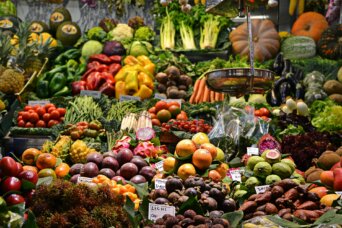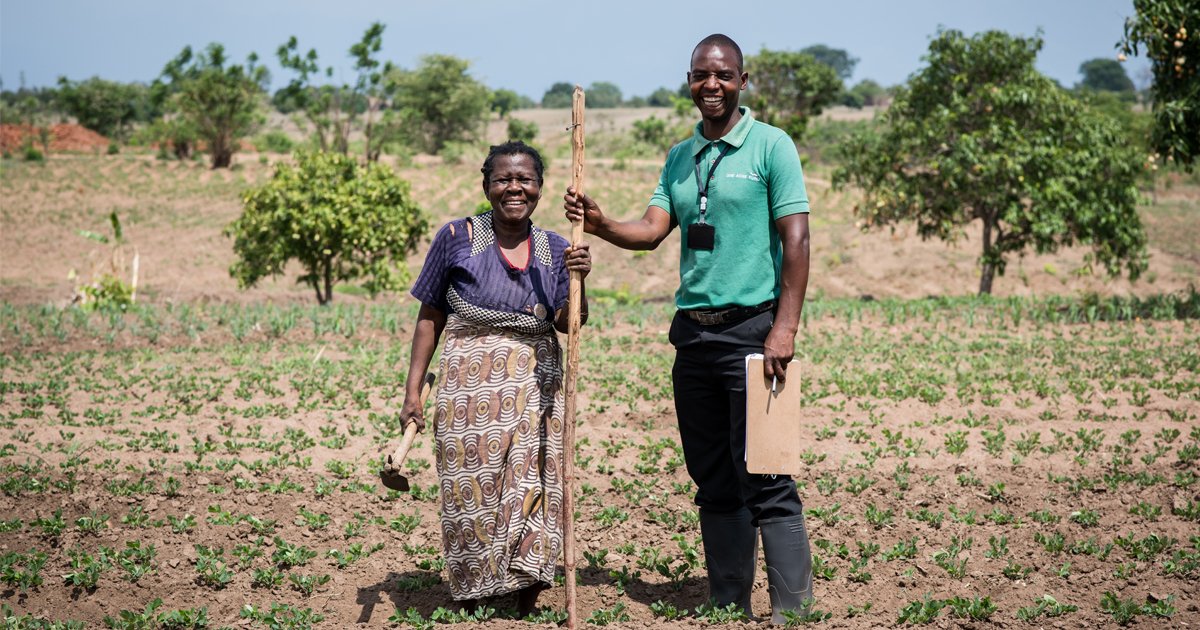06.June

Worldwide, around 600 million people suffer from diseases associated with unsafe foods, which claim the lives of 420,000 people each year. Children are the most affected, with 125,000 of them dying every year. Diseases associated with unsafe food have particularly affected vulnerable members of society, including women, victims of conflict and children. The global burden of foodborne diseases has become a matter of concern that has not only affected human health, but also has far-reaching effects on food security, sustainable development, market access, tourism, agriculture and the general economic prosperity of the world.
Today, as we mark World Food Safety Day Under the theme “Safer Food, Better Health”, there is a need to harmonize and streamline the food chain processes from production, harvesting, processing, storage, distribution, preparation and consumption of the foods we consume.
It also involves strengthening food regulatory oversight systems and processes, adopting technology to ensure that nothing is left to chance, raising attention to food safety issues on the global agenda and to defend solid governance in food security. These would be crucial steps toward reducing the burden of foodborne illnesses worldwide.
It is particularly encouraging to note that the delegates present at the 75th World Health Assembly adopted the Global Strategy for Food Security 2022 to 2030. The roadmap which aims to leave no one behind in this noble initiative aims to modernize food security systems and strengthen collaboration between sectors and stakeholders. Although efforts have been made for countries to dedicate more resources to this initiative and create national implementation roadmapsit is necessary to implement measures to continuously measure progress on these commitments.
To ensure a healthy global population, we must advocate for strengthening our food systems from farm to table and ensure safe food for all.
photo by Ja Ma
Call to action
One Acre Fund ends hunger by helping rural farmers



